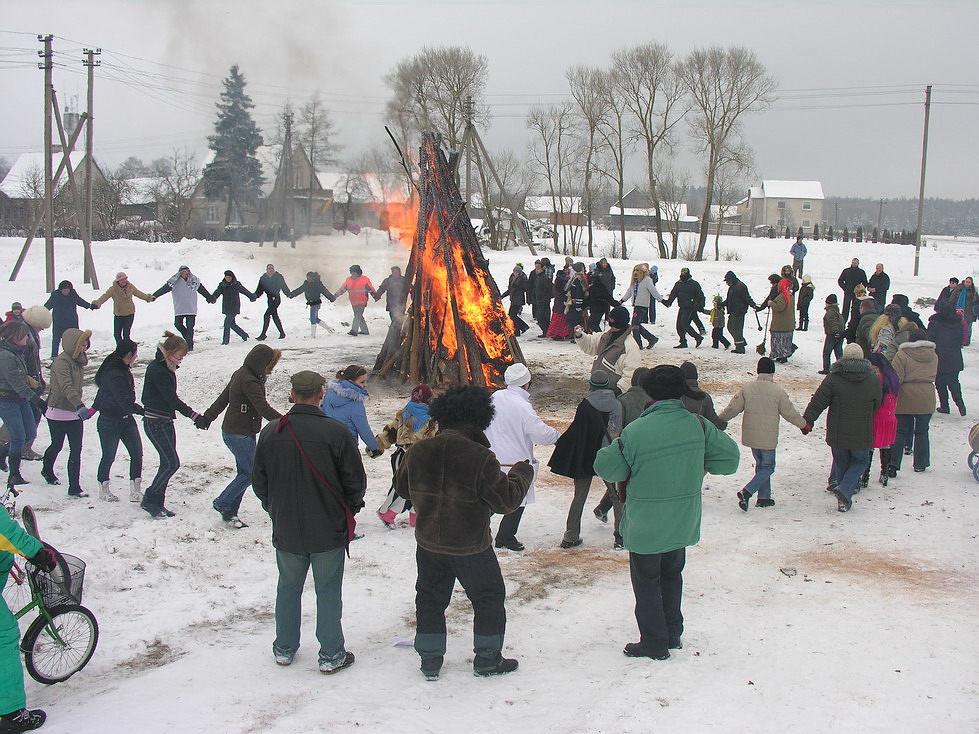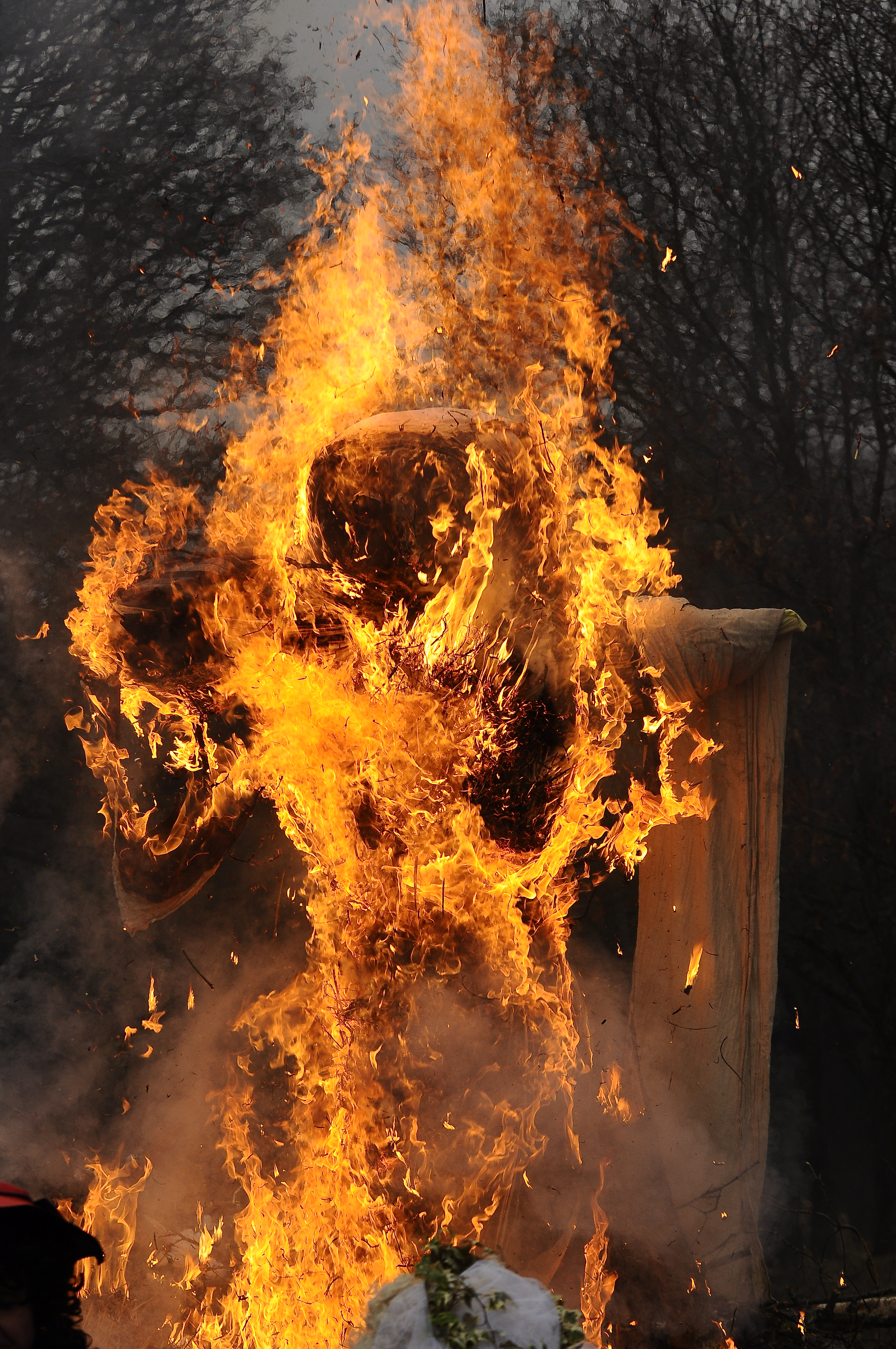Užgavėnės on:
[Wikipedia]
[Google]
[Amazon]

 Užgavėnės is a Lithuanian festival that takes place during the seventh week before
Užgavėnės is a Lithuanian festival that takes place during the seventh week before
City of Vilnius: Traditional Holidays for City Inhabitants and City Guests
* Danutė Brazytė, 1989. Lietuvių Papročiai ir Tradicijos Išeivijoje (Lithuanian Customs and Traditions.) Translated by Vita Matusaitis. Chicago: Lithuanian World Community, Inc.
Festivals in Lithuania February observances Carnivals in Europe Annual events in Lithuania Winter events in Lithuania {{Lithuania-stub

 Užgavėnės is a Lithuanian festival that takes place during the seventh week before
Užgavėnės is a Lithuanian festival that takes place during the seventh week before Easter
Easter,Traditional names for the feast in English are "Easter Day", as in the '' Book of Common Prayer''; "Easter Sunday", used by James Ussher''The Whole Works of the Most Rev. James Ussher, Volume 4'') and Samuel Pepys''The Diary of Samuel ...
(Ash Wednesday). Its name means ''"the time before Lent
Lent ( la, Quadragesima, 'Fortieth') is a solemn religious observance in the liturgical calendar commemorating the 40 days Jesus spent fasting in the desert and enduring temptation by Satan, according to the Gospels of Matthew, Mark and Luke ...
"''. The celebration corresponds to Roman Catholic
Roman or Romans most often refers to:
*Rome, the capital city of Italy
* Ancient Rome, Roman civilization from 8th century BC to 5th century AD
* Roman people, the people of ancient Rome
*'' Epistle to the Romans'', shortened to ''Romans'', a let ...
holiday traditions in other parts of the world, such as Mardi Gras, Shrove Tuesday
Shrove Tuesday is the day before Ash Wednesday (the first day of Lent), observed in many Christian countries through participating in confession and absolution, the ritual burning of the previous year's Holy Week palms, finalizing one's Lenten ...
, and Carnaval.
Užgavėnės begins on the night before Ash Wednesday, when an effigy of winter (usually named ''Morė'') is burnt. A major element of the holiday, meant to symbolize the defeat of winter in the Northern Hemisphere, is a staged battle between ''Lašininis'' ("porky") personifying winter and ''Kanapinis'' (" hempen man") personifying spring. Devils, witches, goats, the grim reaper
Death is frequently imagined as a personified force. In some mythologies, a character known as the Grim Reaper (usually depicted as a berobed skeleton wielding a scythe) causes the victim's death by coming to collect that person's soul. Other b ...
, and other joyful and frightening characters appear in costumes during the celebrations. The participants and masqueraders dance and eat the traditional dish of the holiday - pancakes with a variety of toppings.
See also
* Meteņi *Maslenitsa
Maslenitsa ( be, Масленіца, russian: Мaсленица, rue, Фашенґи, uk, Масниця; also known as Butter Lady, Butter Week, Crepe week, or Cheesefare Week) is an Eastern Slavic religious and folk holiday, which has retai ...
References
External links
City of Vilnius: Traditional Holidays for City Inhabitants and City Guests
* Danutė Brazytė, 1989. Lietuvių Papročiai ir Tradicijos Išeivijoje (Lithuanian Customs and Traditions.) Translated by Vita Matusaitis. Chicago: Lithuanian World Community, Inc.
Festivals in Lithuania February observances Carnivals in Europe Annual events in Lithuania Winter events in Lithuania {{Lithuania-stub